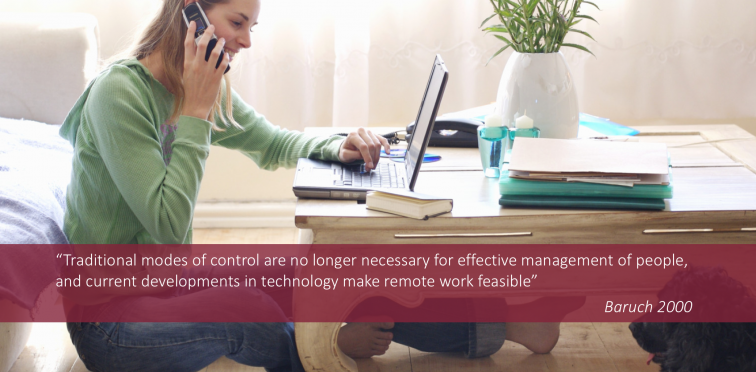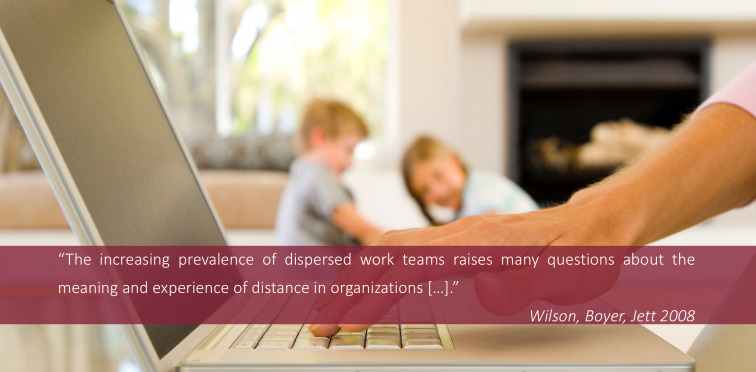Virtual work arrangements undergo many difficulties and problems. Among the most common ones are:
- Difficulties to develop common actionable understandings
- Impossibility to coordinate and mobilize collective action
- Conflicts and relational tensions
Whereas a lot has been done by research and practice to improve virtual work processes, we still lack in-depth, actionable understanding of the related problems. Some of the antecedents of these problems are:

- Understanding virtual collaboration and knowledge sharing as a transmission of information, and, thus, ignoring the social and relational aspects
- Exclusive focus on the technology as a main determinant of success, and ignoring the social practices that shape the use of technology
- Understanding virtual work as an inferior copy of face-to-face interactions




